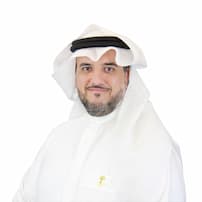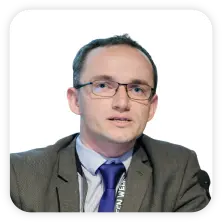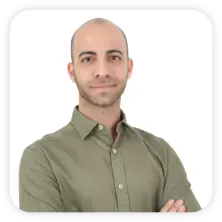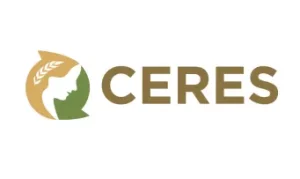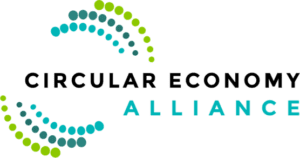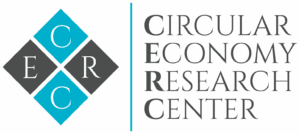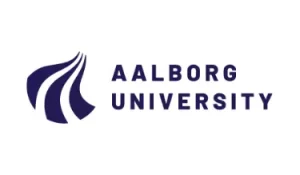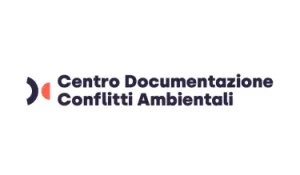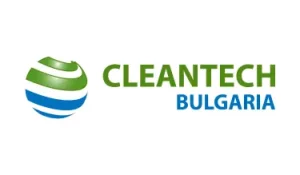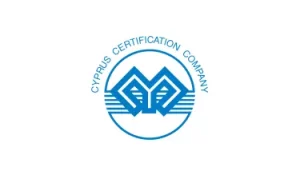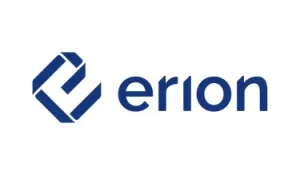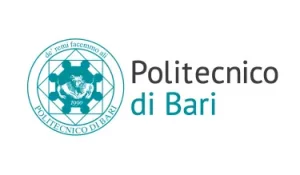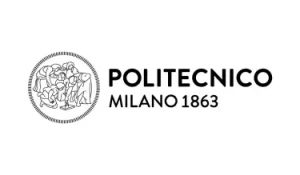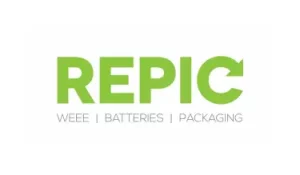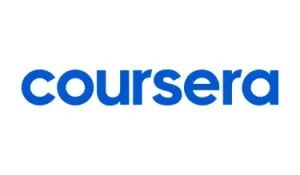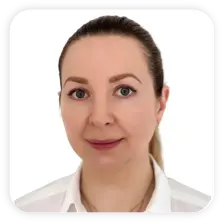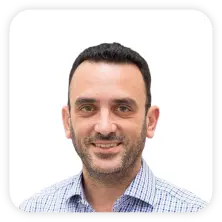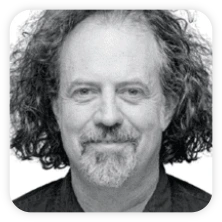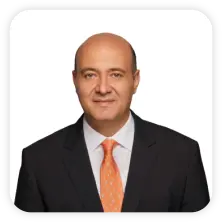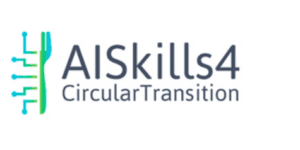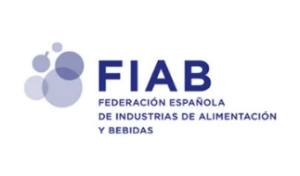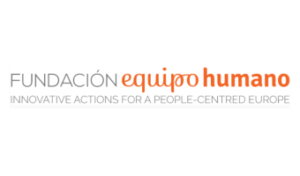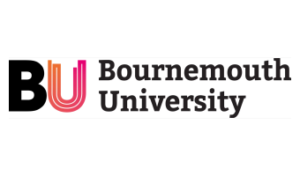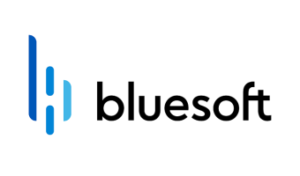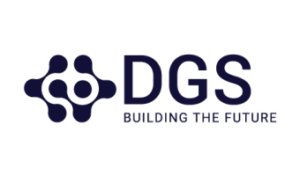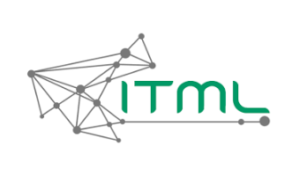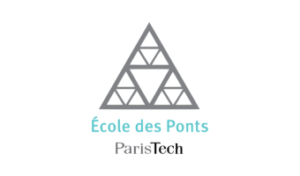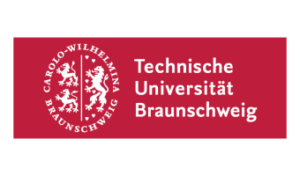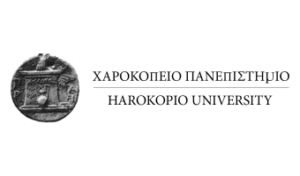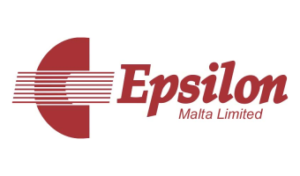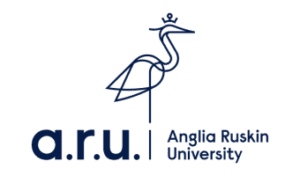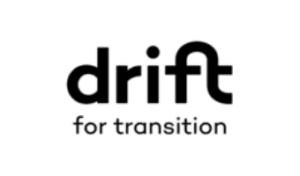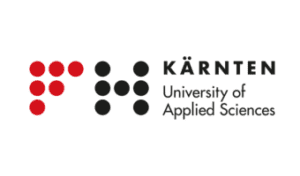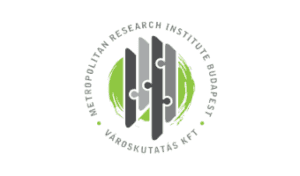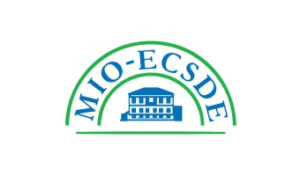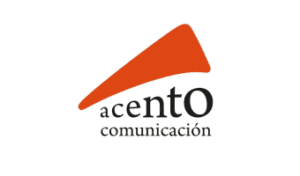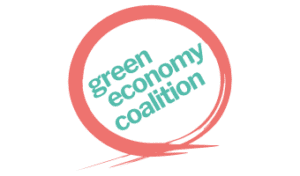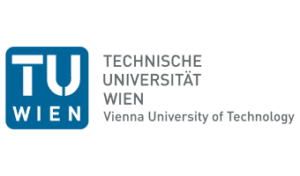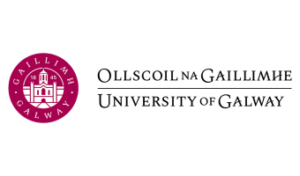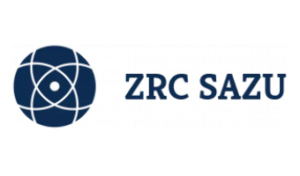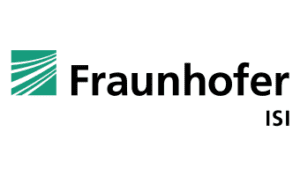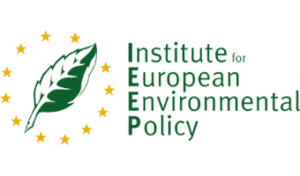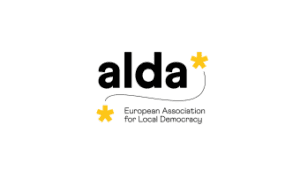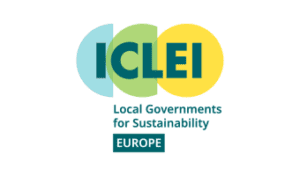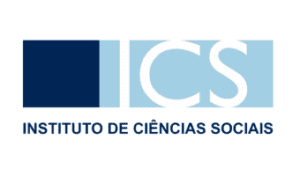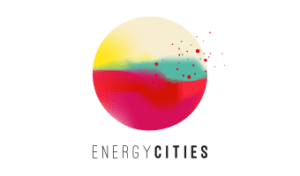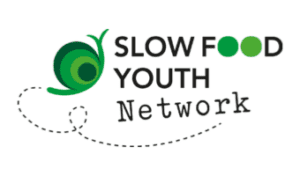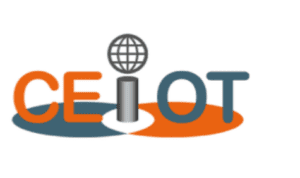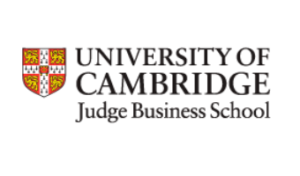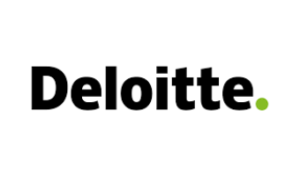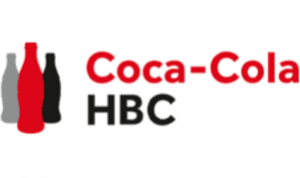“Getting certified will equip individuals with the knowledge and skills to transform waste into valuable resources, reduce environmental impact, and drive sustainable economic growth. By integrating circular economy principles into waste management practices, individuals can contribute to the more efficient and responsible use of resources while creating new business opportunities and fostering innovation. Once certified, individuals can become catalysts for positive change in their organizations and communities, helping to build a more sustainable and resilient future for all”.
Designing Out Waste: The challenges to full circularity
Verifiable Blockchain-secured Certificate
1.5 hours to complete

Designing Out Waste: The challenges to full circularity
Course Overview
Author: Dr. Hernan Ruiz Ocampo
Co-Author: Vlatka Katusic
The course provides the learner with an overview of the problem of waste and its link with consumption and production and highlights the sectors of increasing waste pollution:
- Food
- Plastics and Microplastics
- Packaging
The course provides a practical overview of the Circular Economy as a critical component in waste elimination and describes:
- The waste management approach for the Circular Economy.
- The 10 Rs hierarchy in the Circular Economy.
- Extended producer responsibility schemes.
- Alternative materials promoting the Circular Economy.
- New technologies enabling waste management for the Circular Economy.
Finally, the course describes the drivers of circularity in the waste sector in Europe:
- Waste Framework Directive.
- EU Strategy for Plastics in the Circular Economy.
- Directive on reducing the impact of certain plastic products on the environment.
- Packaging Directive.
- Financial, social and institutional aspects (economic instruments).
Important Details
Downloadable material
100% online courses
Study at your own pace
A flexible learning journey, access the content until you complete the course or a maximum of two (2) weeks from enrollment date.
Special Access to events, research and news
What are the Learning Outcomes?
Who should enroll?
Type Of Person
Type Of Person
Type Of Person
Type Of Person
Type Of Person
Type Of Person
What You Will Learn
The link between waste generation and climate change
Discover the environmental impacts of waste generation and how they contribute to climate change.
Explore how waste overwhelms cities and the planet ending up in oceans, seas, and landfills.
The key contributors to waste pollution
Explore how plastics production and the food industry contribute to waste and how the Circular Economy enables the transition to a more sustainable way of producing goods that consider their entire life cycle.
The problem with recycling
Relying on recycling to reduce waste does not address the root of the problem. Discover how waste can be used as a raw material and how our society can move towards better waste management.
Turning challenges into opportunities
Explore opportunities to reduce waste generation, promote reuse, and improve waste collection and recycling in critical sectors.
Learn about the expansion of deposit-refund schemes, green public procurement (GPP), phasing-out unsustainable subsidies, supporting the development of Circular Economy technologies, and fiscal incentives for recovered or re-used products.
The role of the Circular Economy in waste management
Explore how the shift to a Circular Economy is expected to impact waste management strategies by reducing waste generation and emissions, mitigating and preventing environmental degradation and creating economic and social value.
How can we reduce the negative consequences of our consumption habits?
Analyze our consumption habits and the resource-extensive systems required to keep up with our waste production. Learn how mindset and behavioral changes are essential to promote the idea that waste is a resource.
The drivers of waste prevention and circularity
Policy shifts can reduce waste pollution by incentivizing business and consumer behaviour changes. Discover how an enhanced waste policy supports waste prevention and circularity to recover economic value and reduce environmental impact.
Every action counts
Discover how efforts and contributions at the individual, professional, research and industry levels influence our progress toward a Circular Economy. Explore the role we play in preserving our resources and combatting climate change.
Important Details
Enrollment Information
Once you have enrolled, you will be given access to our Learning Management System.
You will be guided through the original content of the course with dynamic, rich, enjoyable, narrated, and easy-to-understand content.
- The course is divided into easily navigated sections.
- Each section is followed by non-graded “knowledge check questions” to help you ensure that you successfully assimilated the content.
- You can go back and view the content as often as you like.
When you reach the end of the course, you will be awarded the Certificate of Completion.
Tuition Fees
-
95 EURO + VAT (if applicable)


Vlatka Katusic – Co-Author
Circular Water Management: A framework for the transition
Circular Water Management 2: Closing the H20 loop


Hernan Ruiz Ocampo – Author
Vlatka Katusic – Co-Author
Circular Water Management: A Framework for the Transition
Circular Water Management 2: Closing the H20 loop
How You Will Learn
Interactive training sessions
Knowledge check questions
Case studies / Best practices
Unique learning platform with Mobile Access
Exposure to a network of experts
Be part of a community

Explore cutting edge research
Exposure to a network of experts
Be part of a community

Explore cutting edge research
Are you a business or an organization? Contact us for team training offerings
Are you a business or an organization? Contact us for team training offerings
What Our Certified Professionals Say
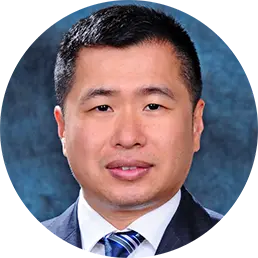
“The Certified Circular Economy Specialist certificate offered by CEA is a "must" for all professionals who wish to explore this field. It provides not only the basic theory but also tonnes of industry examples that can easily fill up your knowledge gap.”
Ka Hing Hui
Production Manager, Viva Healthcare Packaging (HK) Ltd.

“Getting certified at the Circular Economy Alliance will give you an advantage in your field of business, a boost in your ability to think creatively and, most importantly: the ability to think holistically.”
Raphael Schranz
Circular Economy Consultant

“The journey was thought-provoking and insightful. With a career in the renewable energy market, the fundamentals of the Circular Economy support our cause for a cleaner, greener energy transition.”
William Van Wyk
Country Manager - South Africa, FIMER
Get a Certification by Completing
This Course in a Bundle
Circular Economy Specialist (High-Mastery)
Gain highly- specialized insights to drive industry change, advance your career and become a renowned expert in your field.
1.085,00 € + VAT (if applicable)
12 courses
Total dedicated effort required: 45 hours *
Circular Economy Manager (Advanced)
Gain expertise that goes beyond the basics to offer in-depth knowledge of circular economy principles and applications.
745,00 € + VAT (if applicable)
8 courses
Total dedicated effort required: 30 hours *
Circular Economy Professionals (Foundational)
Get an in-depth, comprehensive overview of foundational Circular Economy principles to get familiar with industry concepts.
385,00 € + VAT (if applicable)
4 courses
Total dedicated effort required: 16 hours *
Circular Economy Specialist (High-Mastery)
Gain highly- specialized insights to drive industry change, advance your career and become a renowned expert in your field.
1.085,00 € + VAT (if applicable)
12 courses
Total dedicated effort required: 45 hours *
Circular Economy Manager (Advanced)
Gain expertise that goes beyond the basics to offer in-depth knowledge of circular economy principles and applications.
745,00 € + VAT (if applicable)
8 courses
Total dedicated effort required: 30 hours *
Circular Economy Professionals (Foundational)
Get an in-depth, comprehensive overview of foundational Circular Economy principles to get familiar with industry concepts.
385,00 € + VAT (if applicable)
4 courses
Total dedicated effort required: 16 hours *
* Depending on the level of experience and pace the learner is willing to invest in the learning journey.






